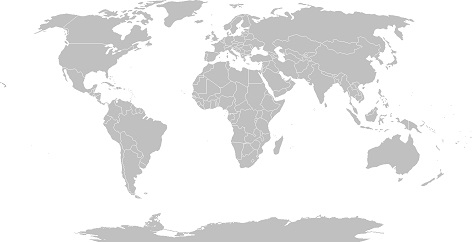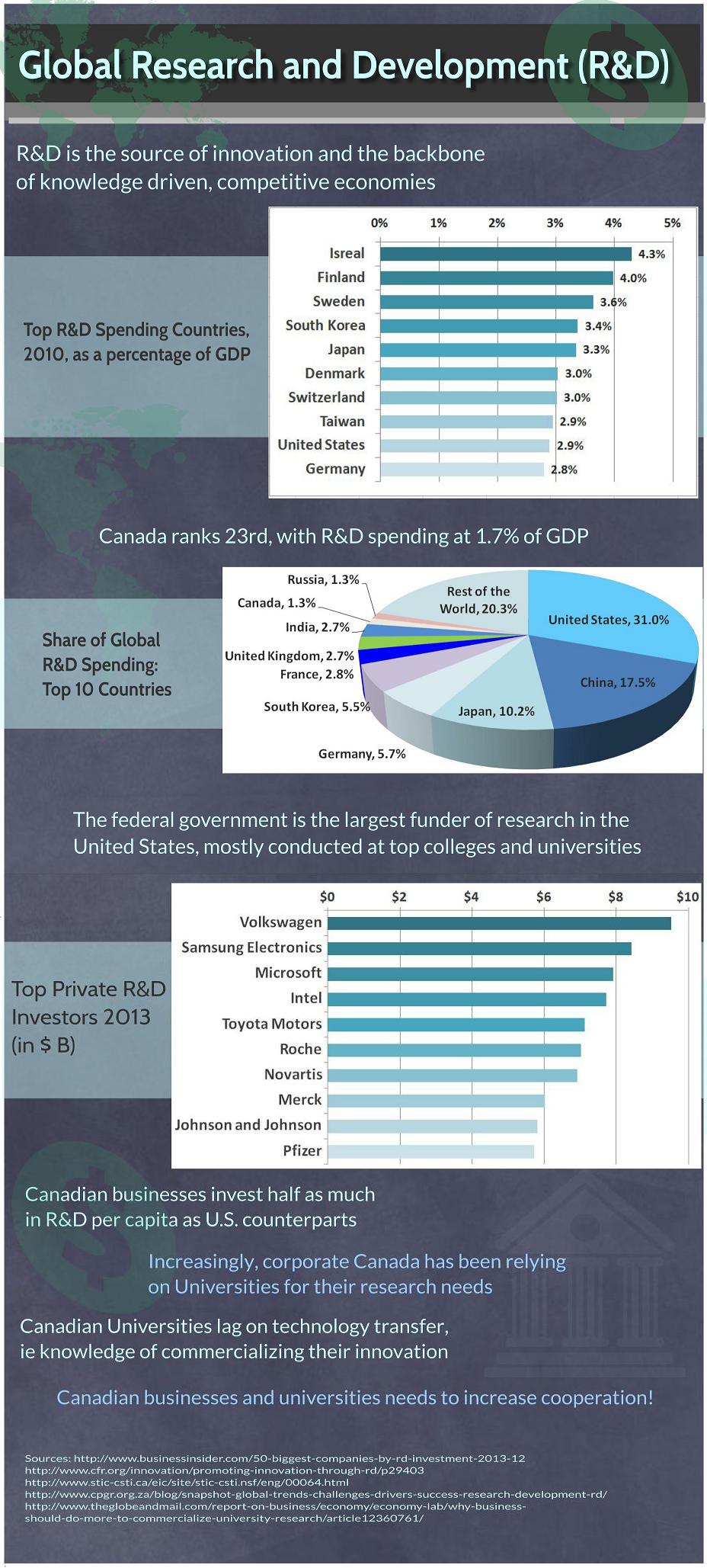[captionpix align=”right” theme=”elegant” width=”320″ imgsrc=”http://natoassociation.ca/wp-content/uploads/2013/10/obama8oct.jpg” captiontext=”President Obama answers questions from the White House press corps, October 9 2013.”]
Today marks the ninth day of federal government closure in the United States. With few signs of reconciliation between Democrats and Republicans in the short term, the United States is unquestionably moving closer to defaulting on its loans. While recent events have already affected financial markets and are expected to diminish American GDP in the fourth quarter, this pales in comparison to the consequences of a potential US loan default. Given such incredibly high stakes, it is important for Canadians to understand recent development south of the border.
Ever since 1917, the US Congress has self-imposed a “debt ceiling” – which is to say, a limit – on the amount of money it can borrow. The US government typically raises this money by selling government bonds to the public and other countries. Bond owners are paid interest on these bonds until they redeem their capital in the future. When government spending reaches the debt ceiling, Congress must pass spending legislation to allow for further spending, or else shut down the federal government. With federal deficits now nearing the 16.7 trillion dollar debt ceiling set in May 2013, Congress failed to pass the necessary spending bill by the September 30th deadline. Without the funds to pay federal employees, non-essential federal services have been shut down temporarily. The US Treasury estimates that unless the debt ceiling is raised by mid-October, the government will run out of funds to pay the interest on its debt, resulting in a federal loan default.
The fundamental focus of the congressional conflict lies in the implementation of Affordable Care Act, also known as Obamacare, which was launched on October 1st as scheduled. Despite constant opposition from the Republicans, Obamacare has passed through a series of legislative procedures in the last two years, and was finally signed on March 23, 2010, by President Obama. Given that approval from both the House and the Senate must be given for any legislation to pass, both sides – the Republican House and Democratic Senate – hold a virtual veto over prospective spending bills. Congress is using the unprecedented strategy of leveraging the debt ceiling to include clauses that will delay Obamacare. In turn, the Senate has already rejected several offers from the House and has refused to consider any bills that seek to delay Obamacare or limit its application. What’s more, even if the Senate passes an amended spending bill, Obama has promised to veto any bill attempting to delay or limit the Affordable Care Act.
There are only two foreseeable endings to this crisis: the Congress and Senate can either pass a spending bill (that satisfies President Obama), or, second, the US government will remain closed until it defaults on its loans, presumably in mid-October. Under the recent shutdown, non-essential services such as National Parks, NASA and the Environmental Protection Agency have been suspended. Over 800, 000 federal employees are already out of work, though essential services such as air traffic controllers, the US Post Office, and border crossings will continue to operate. The shutdown is estimated to cost the US economy at least one billion dollars per week. Some suggest that a four-week shutdown could cost over USD$55 billion dollars in lost productivity.
While these costs are significant, the consequences of the United States’ defaulting on its loans are far worse. Although Congress has shut down the US government 17 times in the past, the United States has never defaulted on its loans. A default would lead to immediate crashes in financial markets around the world as confidence in US bonds and currency decreases. Given the severity of this threat, the current crisis in the US Congress can be effectively understood as a very high-stakes game of chicken. Assuming that all three parties involved (the Senate, House and President) intend to act in the best interests of Americans, the possibility of a default is actually very low. A government default is unquestionably more damaging to American interests than the perceived threat of delaying or not delaying Obamacare. Bearing this in mind, claims by either party that they will not compromise is simply rhetoric. All parties are well aware that a default can be averted by a last minute deal to raise the debt ceiling.
A lengthy government shutdown in the United States would have a significant impact on the American economy, and consequentially, the Canadian economy. While many analysts believe that a short shutdown will have a negligible effect on the Canadian economy, the stakes involved demand appropriate Canadian attention.




